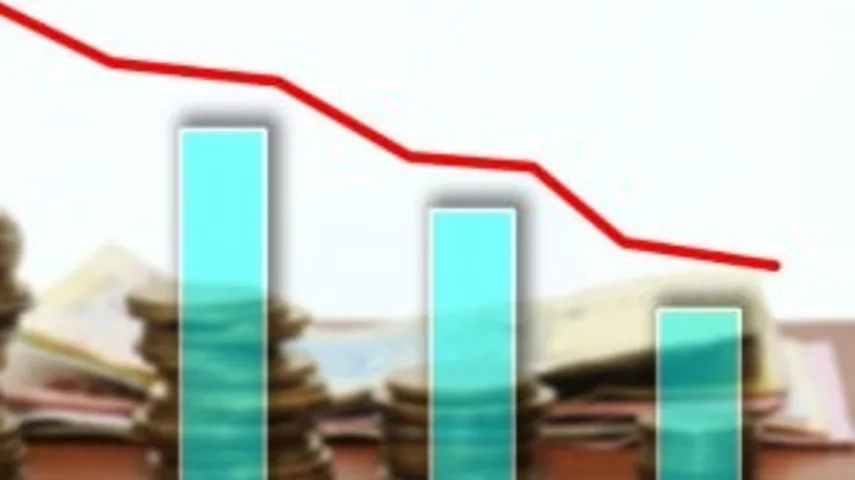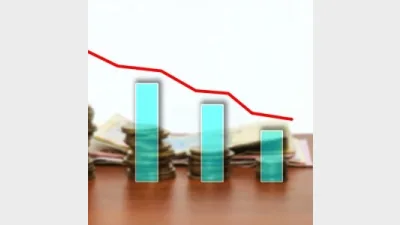Are the Australian Equity sector’s traditional top performers crashing?



Many of the top performing funds in the Australian Equities sector over the last decade have had amongst the poorest returns in the past year, data from FE Analytics has revealed.
The Antares Dividend Builder Professional fund, for example, was in the top 10 per cent of performers in the sector annualised performance in the decade to 31 December, 2017, but was ranked 95th within the sector for its returns over the last year.
The Australian Ethical Australian Shares and the IML Australian Share funds have both recorded annualised returns in the bottom 20 per cent of the sector over the last five years, one year, and six, three and one-month periods. They were, however, ranked third and 11th in the sector respectively over the last ten years.
Conversely, some of the worst performing funds over the last decade have been the best in recent months. The Maple-Brown Abbott Australian Geared Equity fund was the worst performer in the sector over ten years, but has consistently been in the top 10 per cent over the last six months. The Ausbil Australian Geared Equity fund has gone from delivering returns in the 97th percentile over the last ten years, to consistently being in the top five per cent of performers in the last five years, one year, and six, five and one-month periods.
Wealth Planning Solutions principal adviser, Karen Ryrie pointed to changes to what had traditionally underpinned the Australian equity sector as possible causes of these changes.
Ryrie said that there had been some strong catalysts for equity price performance over the last decade, such as a downward movement in cash rates and bond yields and the end of the Chinese-led commodity boom. She also cited Australia’s sustained housing prices’ sustained growth impacting the domestic economy as a contributing factor.
As interest rates reached their nadir in parts of the world, quantitative easting unwound and synchronous global economic growth occurred though, Ryrie believed that the lessened extent to which these factors underpinned the market had changed what investors look for.
“Sectors and stocks that provided leadership for much of the last 10 years are being perceived to have ‘run their race’ and the search is on for companies that are the beneficiaries of the new environment,” she said.
AMP chief economist, Shane Oliver warned that it is quite common to see star active funds become underperformers over time. He cautioned that attention should still be paid to long-term results when making investment decisions.
“It is always worth investigating periods of poor performance to make sure that they aren’t flagging some fundamental weakness (such as key staff departures) but prospective investors really should adopt a long-term approach when assessing managers,” he said.
Recommended for you
Schroders has appointed a new chief executive as Simon Doyle steps down from the asset manager after 22 years.
Distribution of private credit funds through advised channels to retail investors will be an ASIC priority for 2026 as it releases the results of its thematic fund surveillance and guidance for research houses.
State Street Investment Management has taken a minority stake in private market secondaries manager Coller Capital with the pair set to collaborate on broaden each firm’s reach and drive innovation.
BlackRock Australia plans to launch a Bitcoin ETF later this month, wrapping the firm’s US-listed version which is US$85 billion in size.












